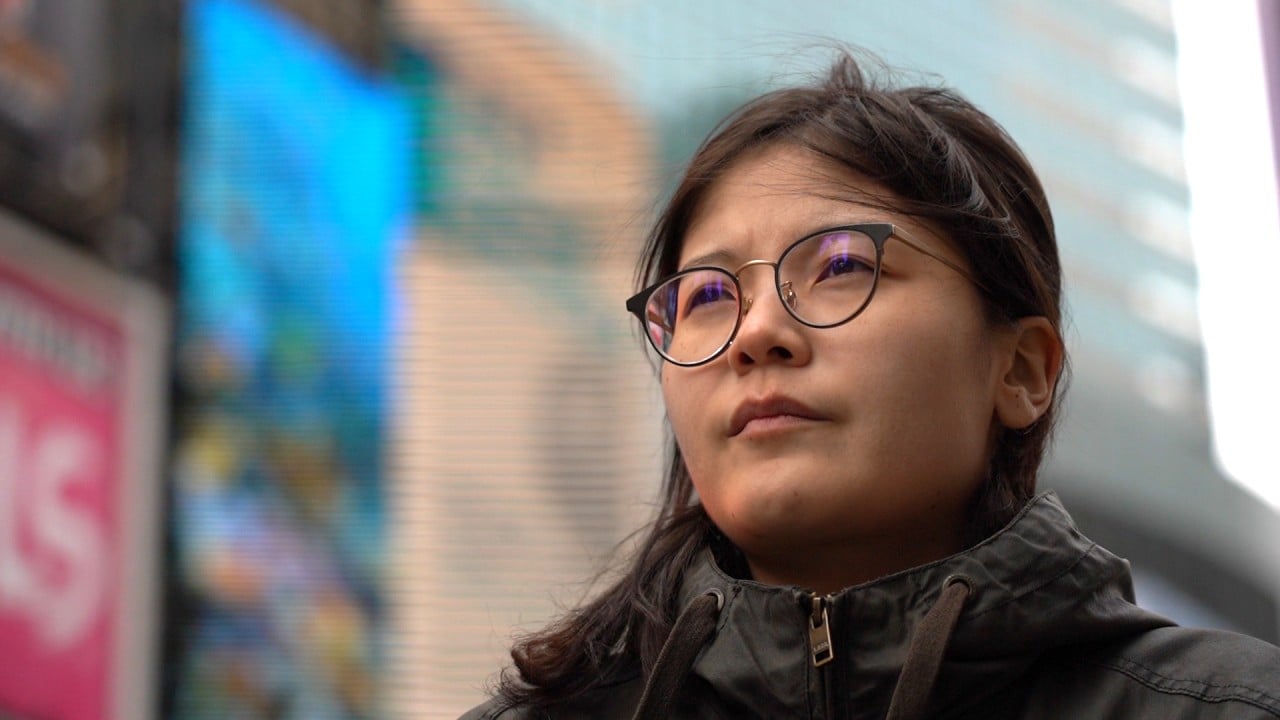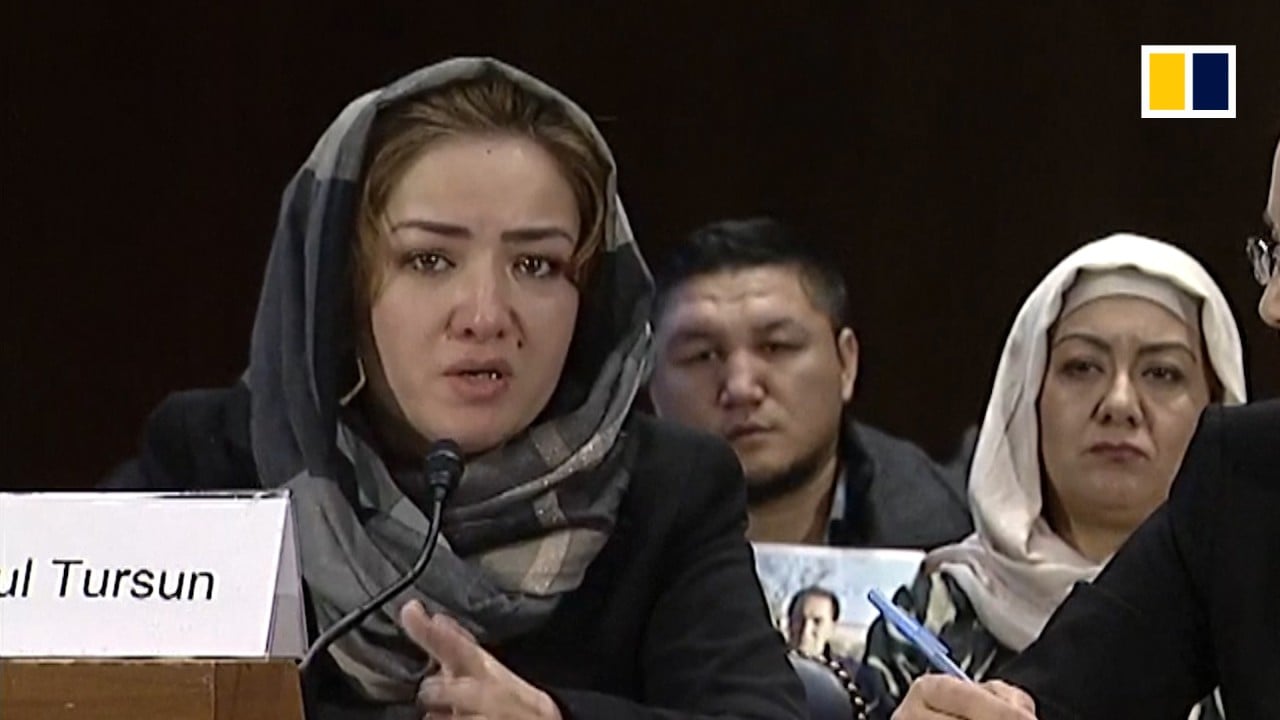
China ratifies Turkey extradition deal in push to ‘combat terrorism’, leading to concerns for Uygurs who fled Xinjiang
- Action comes three years after the treaty was signed in Beijing
- The document does not refer to specific groups but Turkey has long been a refuge for Uygurs fleeing Xinjiang
The document covers issues ranging from extradition obligations to settlement of disputes, according to the full text released online by China’s top legislature.
When the treaty was signed during Turkish Prime Minister Recep Erdogan’s visit to Beijing in 2017, Chinese President Xi Jinping spoke of China’s desire to deepen counterterrorism cooperation with Turkey.
The treaty is similar to other extradition agreements China has signed with other countries, including Italy and South Africa, in that it does not refer to a specific organisation or group of people.

12:39
What happened to our parents? Uygur sisters seek answers
Yu Minyou, a law specialist from Wuhan University in central China, said the ratification of the treaty would help promote judicial cooperation and efforts to combat terrorism.
“The move shows that the two countries intend to work together further to combat terrorists and extremist forces,” Yu said, adding Turkey should now help repatriate fugitives to China, a group of people that could include Uygur activists.
“With this treaty, China can have greater deterrence against terrorists,” he said, using a term often used by Chinese officials to refer to these activists.
China says no let-up in Xinjiang crackdown but may shift policy
Yang Zewei, an international law expert also from Wuhan University, said the treaty would also be significant in safeguarding China’s national security.
Steve Tsang, director of the SOAS China Institute at the University of London, said the treaty did raise concerns, and outsiders would be looking to see if the Turkish government would commit to protect Uygurs living in Turkey if it faced pressure from Beijing.
“The large number of Uygurs being detained in Xinjiang suggests that political or religious ‘offences’ are being treated [in China] as if they were criminal ones,” Tsang said.

02:08
Uygur woman describes torture in China’s Xinjiang ‘vocational training’ camps
“The issue is not if Turkey should sign an extradition treaty with China, or any country, but if Turkey will commit to protect the rights of Uygurs in Turkey in accordance with international standards and to the rights accorded to citizens of Turkey, if it comes under pressure from China.”
He said the Turkish government needed to “give a categorical guarantee and allow transparency in the fulfilment of such a guarantee”.
“If it will not do so, it will make Uygurs living in Turkey worried about their safety as they can become subjected to extradition under this new treaty,” he added.
Chinese officials have said terrorist attacks in China justified the tightening of control in areas like Xinjiang.
All EU member states back China investment deal, sources say
But Beijing has faced widespread international criticism – including from Turkey – of its high-handed policies in the autonomous region where it has reportedly incarcerated Uygurs in mass internment camps.
Amid the criticism, China shut down its consulate in Turkey’s second biggest city, Izmir, nearly two years ago, citing internal operations.
Such was the opposition in Europe that some leaders said the European Union should not sign an investment deal with China until Beijing compromised on its use of forced labour in Xinjiang.
But China has doubled down in its defence of such policies. On Tuesday, Luo Zhaohui, vice-minister for foreign affairs, lashed out at the East Turkestan Islamic Movement, which Beijing has repeatedly blamed for violent attacks in Xinjiang and elsewhere.

